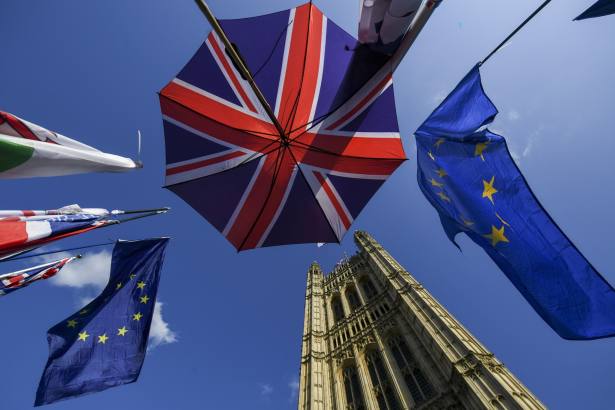The Conservative Manifesto was very light on announcements to tax, with the Conservatives opting for an ultra-cautious approach to likely avoid any pre-election controversy or scrutiny.
The only noteworthy announcement contained in the manifesto was an £868 increase to the National Insurance primary threshold to £9,500.
This will provide an annual £104 tax cut across the board for workers.
The Conservatives’ ambition is to increase the threshold to £12,500, which would align to the current personal allowance, and provide an annual tax cut of £464.
The manifesto suggests that the threshold will increase over the next four years, but it is not clear whether it will keep pace with future increases to the personal allowance.
The National Insurance threshold rise only benefits workers, and those individuals receiving investment income (such as pensioners) will see no advantage.
The Conservatives have pledged no increases to income tax, National Insurance and VAT under their Triple Tax Lock.
However, given the significant spending pledges, I would expect to see an indirect change to at least one of these taxes to deliver the much-needed revenue to the Treasury.
It could be possible for a future government to limit the benefit of the NIC threshold increase by introducing a tapering for higher earners, much like how the personal allowance is reduced when a person’s income is above £100,000.
If something like this is introduced, it could mean a NIC increase of up to £1,500 for higher earners.
Most significantly, the Conservative Manifesto made no mention of Boris Johnson’s leadership pledge to increase the basic rate income tax band to £80,000.
This measure would have given a tax cut of up to £6,000 but was estimated to cost the Treasury around £8bn.
The proposal appears to have been dropped completely, and it is difficult to now see if this measure will ever be introduced.
The Conservatives have promised a ‘review’ of the pensions annual allowance charge faced by medical professionals working in the NHS, deterring doctors from taking on extra work at the risk of facing penal tax charges.
An over-arching review of the pension allowance charges is required, as the present system is creating unexpected charges as well as discouraging pension savings.
A ‘review’ of the issue facing NHS medical professionals is not strong enough, and I would have hoped that a credible proposal could have been put forward in the Conservative Manifesto.
On property taxation, the Conservative Manifesto proposes a 3 per cent SDLT surcharge on non-UK residents purchasing UK residential property.
Foreign buyers would face an SDLT charge of up to 18 per cent when purchasing UK residential property, but the rate for commercial property remains unchanged; the top rate applying to commercial property is 5 per cent.
Domestic buyers will face no impact, but this measure could be a precursor to a future reform of SDLT and there could be a rate cut for property purchases up to £1m, and SDLT completely abolished on property transactions up to £500,000.






